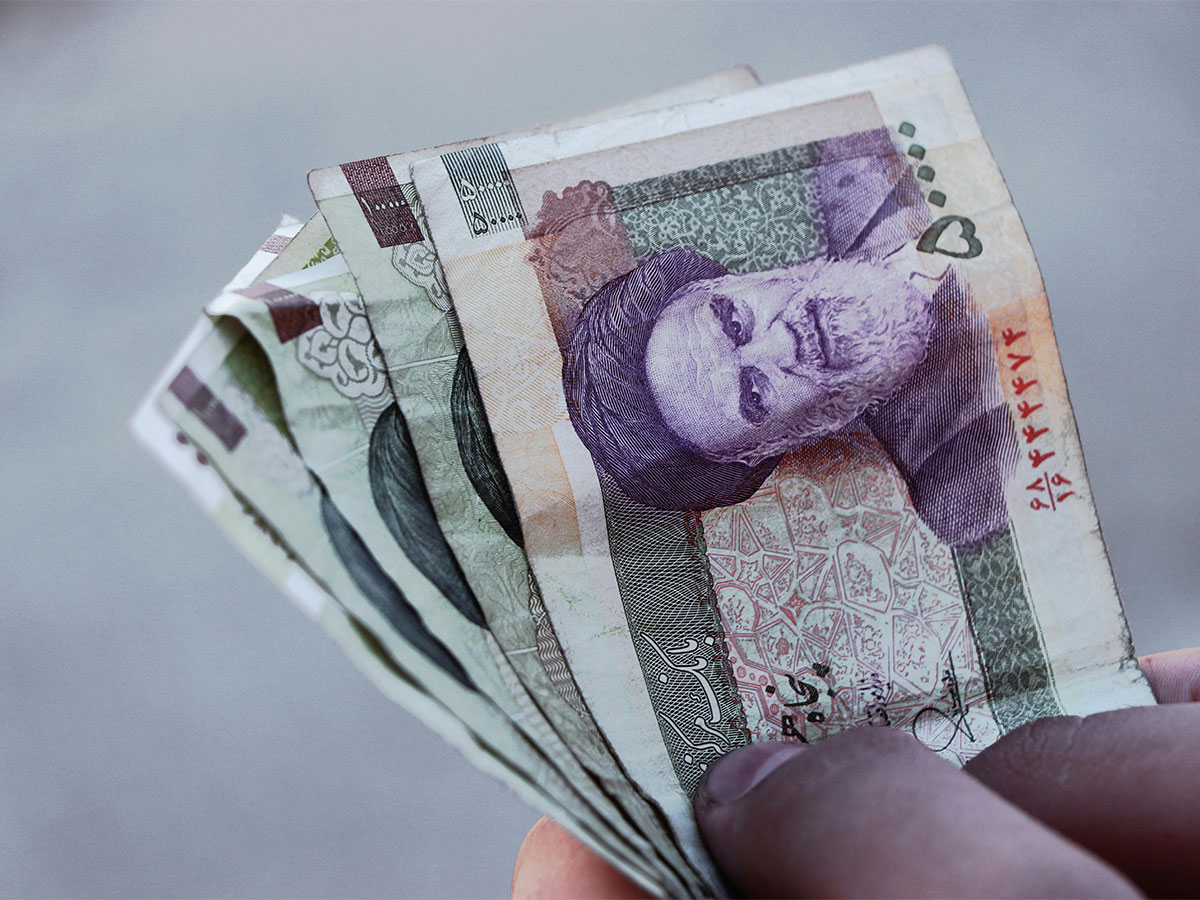Oman Introduces Landmark Income Tax for High Earners to Boost Fiscal Reforms
For the first time, Oman will implement a 5% personal income tax on high-income individuals starting January 2028. Part of Vision 2040, this tax aims to diversify the economy and reduce oil dependency. Exemptions ensure 99% aren't affected, while revenue supports social programs and improves fiscal health.

- Country:
- India
In a historic move, Oman has announced the introduction of a 5% personal income tax on high-income earners, marking the first such measure in the Sultanate. Effective January 2028, this tax represents a significant step in the Vision 2040 plan aimed at economic diversification and reducing reliance on oil revenues, as reported by Gulf News.
The main objectives of the new tax are to enhance non-oil revenue streams, bolster fiscal stability, and improve Oman's credit ratings. The government plans to increase the portion of non-oil revenue to 18% of the national GDP by 2040. Crucially, the high exemption threshold means that approximately 99% of the population will not be impacted, ensuring that the measure targets only the highest earners.
Revenue from this tax will fund essential social protection initiatives, including welfare programs and public services, under Royal Decree No. 56/2025 by Sultan Haitham bin Tarik. The law, with its 76 articles across 16 chapters, outlines which income is taxable while providing exemptions for key expenses like education and healthcare. A modern electronic tax system is being developed to facilitate accurate reporting and compliance.
The new law's executive regulations will be released within a year of its appearance in the Official Gazette. Karima Mubarak Al Saadi, the Director of the Personal Income Tax Project, emphasized that the necessary training, infrastructure, and legal frameworks are in place. Educational guides for individuals and businesses will be progressively introduced in preparation for the law's enforcement.
In 2024, Oman collected OMR 1.4 billion from various taxes, and the new personal income tax is anticipated to further solidify the country's financial standing, making it more appealing to international investors. This development is part of a larger trend across the Gulf region, where nations are working to establish more sustainable and diverse economies apart from oil revenues. (ANI)
(With inputs from agencies.)










